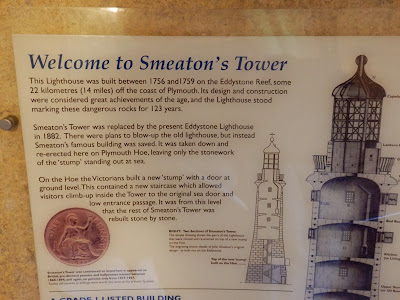As I'm a regular ballet goer - roughly once every 30 years - it was with eager anticipation that my IBC (no, not Irritable Bowel Condition) and I went off recently to the Theatre Royal in Plymouth to see Matthew Bourne's Swan Lake. A production born in controversy as, apparently, when it was first shown it was met with a mixture of shock, intrigue and outrage. There were even walk-outs during performances – not something you’d expect from a dance piece! This was mainly because Bourne did something rather daring with this version of Swan Lake – he made all the swans male.
The packed house saw the plot unfurl: Prince has problems; Prince has unhealthy swan fetish; Prince meets good swan; Prince meets bad swan; Prince has unfortunate with-swan experience; Prince swans off into the moonlight. All that set against an excellent taped version of Pyotr Ilyich Tchaikovsky's original score. And I mustn't overlook the obvious homoerotic and Freudian undertones: the prince, rejected by his mother, goes for a floozy, then cavorts (that's a ballet term) with the swan who will ultimately cause his death. A swan who couldn’t make up his mind as to whether he wanted men or women or whatever.
I'm sure pure balletomanes would find something to complain about but me? I enjoyed it. It was a very powerful piece of modern theatre and not what I was expecting. It's worth going to see but, be warned, you’ll never look at Swan Lake or swans in the same way again! I know I won't.

















































